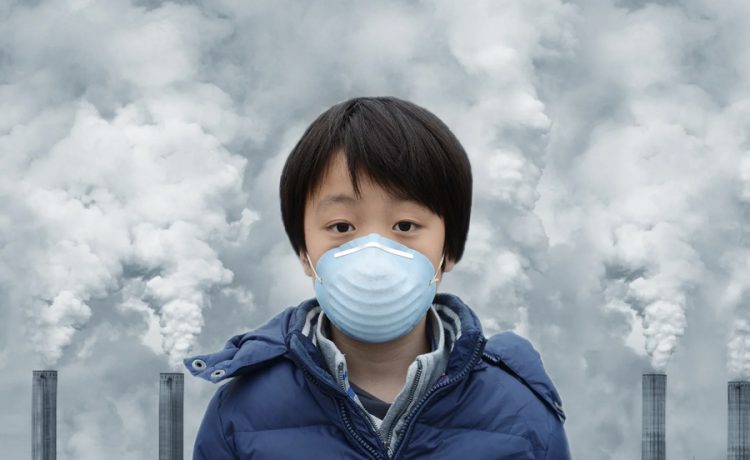As we enter the year 2024, air pollution (มลพิษทางอากาศ, which is the term in Thai) is a major global health hazard. Efforts to resolve this issue have not eliminated air pollution, and its effects continue to change and impact people in different ways:
Problems With The Respiratory System
Respiratory issues including asthma, bronchitis, and chronic obstructive pulmonary disease (COPD) are exacerbated by exposure to air pollutants, especially fine particulate matter (PM2.5) and air pollutants like nitrogen dioxide (NO2) and ozone (O3). Prolonged exposure to dirty air can exacerbate these diseases, which in turn can raise the need for medical treatment and the associated expenses.
Conditions Affecting The Heart
Cardiovascular illnesses, such as heart attacks, strokes, and hypertension, are more common in areas with high levels of air pollution. Pollutants, including fine particulate matter, can enter the bloodstream and increase the risk of inflammation, oxidative stress, and the formation of arterial plaques, all of which can lead to heart-related issues.
Impacts On The Nervous System
The impacts of air pollution on neurological health, such as cognitive decline, dementia, and neurodevelopmental abnormalities in children, have been investigated in recent years. Inflammation, oxidative stress, and neuronal damage can be caused by toxic pollutants and fine particulate matter that can cross the blood-brain barrier. These factors may play a role in neurodegenerative illnesses.
The Well-Being Of Mothers And Their Children
Pregnancy outcomes and reproductive health are both negatively impacted by air pollution exposure. Babies born to mothers who breathe in heavily polluted air may be more likely to be born prematurely, with low birth weight, or with developmental problems. Male fertility and sperm quality are both impacted by environmental pollutants.
Effects On Populations Most At Risk
Children, the elderly, those with pre-existing medical disorders, and low-income neighborhoods are disproportionately affected by air pollution. Socioeconomic inequalities, lack of healthcare access, and closeness to pollution sources are some of the reasons why these groups may be more vulnerable to the harmful effects of pollution.
Stricter emission regulations, increased investment in public transportation and sustainable urban planning, increased public awareness campaigns, and the promotion of clean energy sources should all be prioritized by governments, lawmakers, and communities in response to these challenges to reduce air pollution. Cleaner air and healthier communities are within reach if we work to eliminate the underlying causes of air pollution and safeguard at-risk people. It is everyone’s responsibility to contribute towards a better environment.













